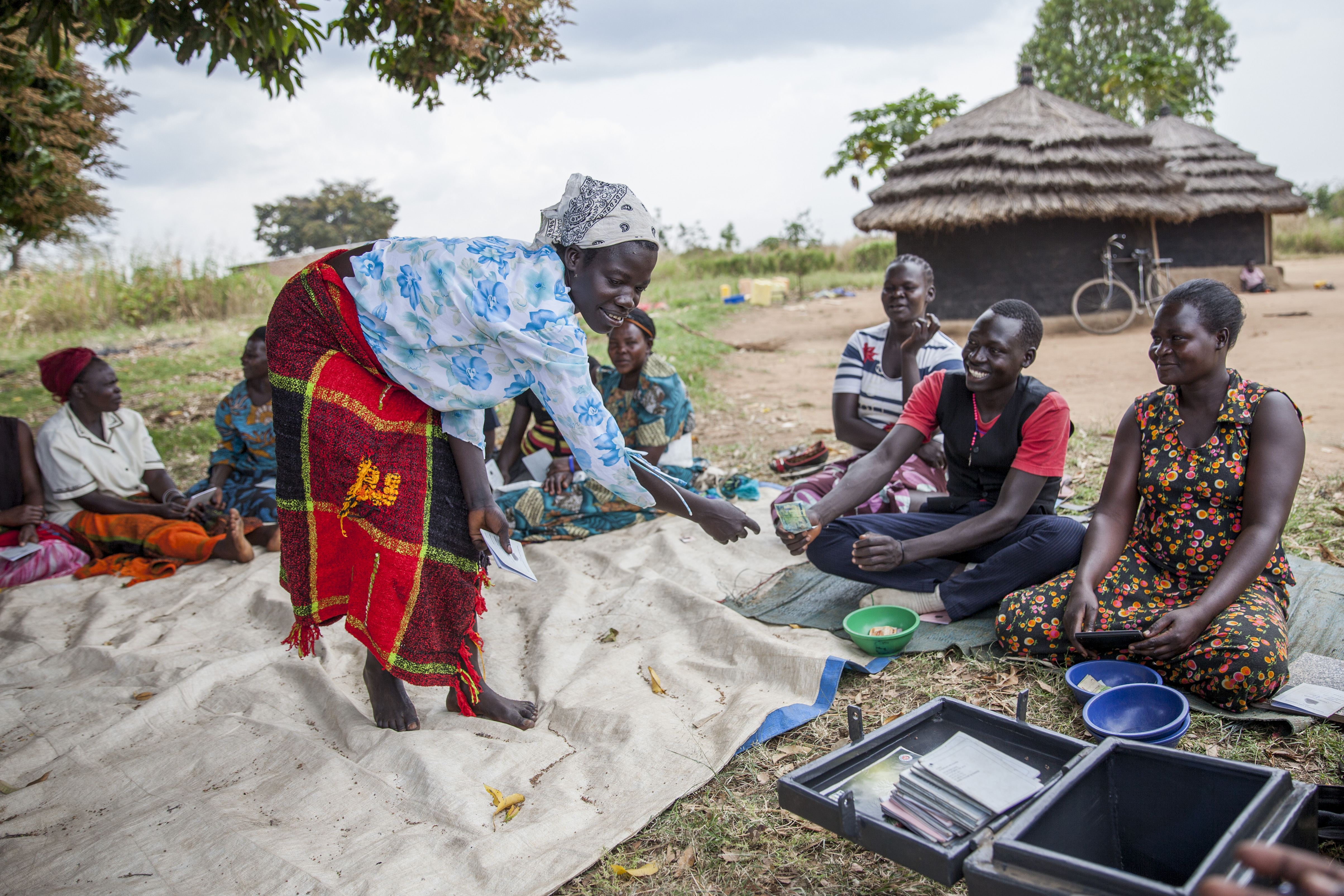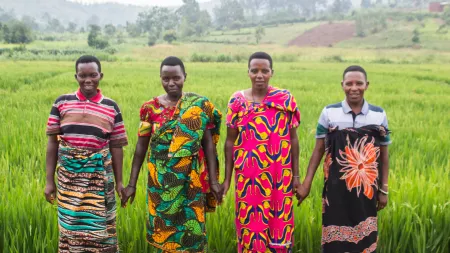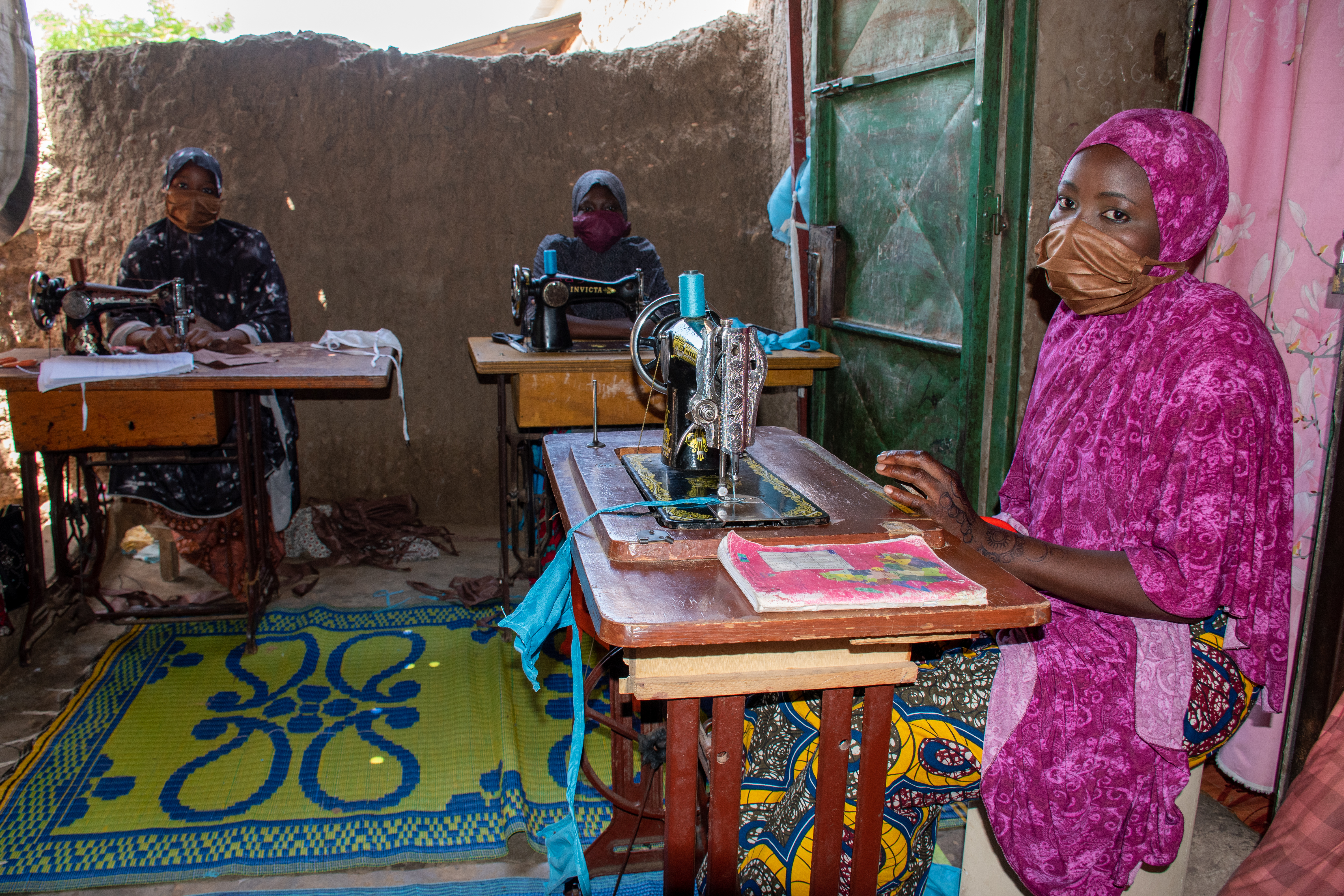History of CARE International's work in Burundi
CARE International originally established an office in Burundi in 1994 to help people affected by civil unrest following the assassination of Burundi's first elected President in 1993. We increased our presence after the Rwandan Civil War when refugees began fleeing into Burundi. In the years that followed, CARE Burundi supported refugee camps inside the country and across the border into the eastern part of the Democratic Republic of Congo.
What CARE International does in Burundi
Today, CARE Burundi supports civil society, and in particular women, to take a more active role in moving the country towards peace and economic security. Our work focuses on supporting women to achieve economic empowerment through small savings groups, and working with communities to prevent malnutrition.










